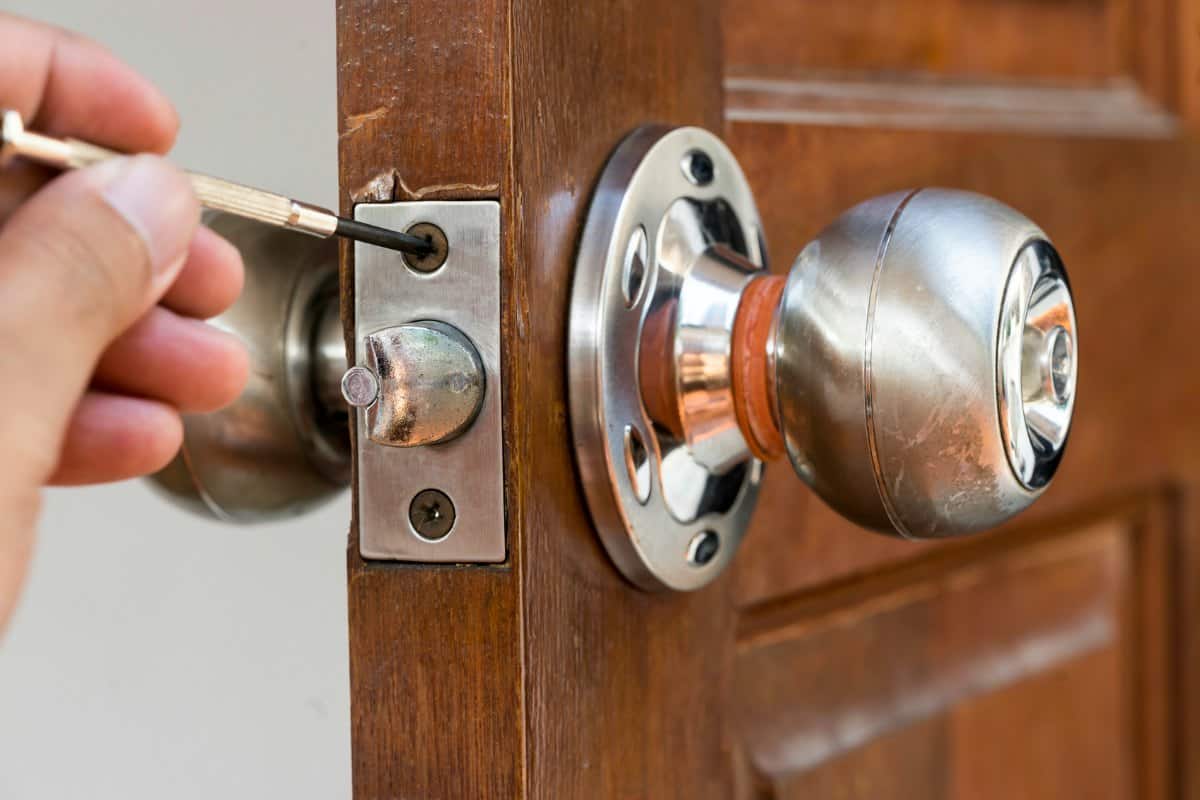
Imagine arriving home late one evening after countless hours of traveling. You are exhausted and hungry and want nothing more than to abandon your suitcase, still packed, by the front door and melt into your cozy bed for the first time in days.
You reach for your house key and… it isn’t in your pocket. You frantically search the car and rummage through your bags but to no avail. The best you can remember is that the key is somewhere miles away, back in your hotel room, and now you are stuck outside with no way in. You pull out your cell phone and are relieved when the first Google search result shows a bargain locksmith for only $10 who claims the ability to be there in a matter of minutes regardless of the time of day.
Perfect, you think, but could this offer be too good to be true?
Sadly, the answer is yes. It is impossible for any reputable locksmith to charge only $10 or $20 per picked lock and remain in business. Keep in mind that a locksmith’s fee covers the cost of transportation, licensing, tools, insurance, supplies and any other job-related expenses, so a locksmith would be losing money on a job by charging so little.
The reason most of the locksmith ads you see online offer unbelievably low prices is because they are scams. Scams make up 95 percent of all online locksmith ads, and complaints about locksmiths rank among the Better Business Bureau’s top complaints annually, though it is believed that a significant number of scams go unreported as well.
One of the most dangerous parts about locksmith scams is that they come in all different shapes and sizes. They can consist of anything from price gouging and low-quality workmanship to identity theft and the creation of extra keys to gain access to a property at a later date when the customer is not around.
Some of the most common scams include:
- Bait and Switch– Locksmiths advertise unreasonably low prices to attract business and charge as much as 400- to 500 percent more after completing their work.
- Identity Theft– Customers usually receive decent service and pay the price they expect, but the criminal enterprise providing the service steals their private information to either sell or utilize for themselves.
- Cash Only Scam– Scammers pose as locksmiths, and, after “fixing” a customer’s lock, they claim they can only take cash payment due to a broken credit card machine or some other illegitimate excuse. This is in order to prevent the customer from disputing the charge later.
- New Handle Scam– Alleged locksmiths will claim that the only way to gain access to a customer’s home is by breaking the handle or wrenching it off. This requires the customer to buy one of the scammer’s overpriced replacements, but the customer doesn’t know this until after the damage is done.
With so many frauds running scams left and right, you might be wondering if it is even possible to find a legitimate locksmith for an affordable price. The key is to select a locksmith before you need one, which will give you time to do a little research and make an educated decision on who to use.
If you ever do find yourself in a lock-out situation and don’t have a locksmith already picked out, there are still steps you can take to avoid being scammed. The most important thing to remember is not to panic. Keeping your head clear when faced with an unnerving situation can be challenging, but it will likely be the difference between landing a legitimate locksmith or ending up with your pocket picked instead of your lock.
Lookout for warning signs like suspiciously low prices, a locksmith in an unmarked vehicle with no company uniform, cash-only policies, a collection of negative reviews online, or the demand for upfront payment. Before you decide to hire a locksmith, it is also wise to ask a series of simple questions to determine credibility. These could include:
- Where are you located?
- How will you get into my house?
- Can you give me a price estimate? Are there any factors that could change that price?
- Will you need to drill my lock? If so, why?
By taking just a few extra minutes to stop and evaluate your situation, you can save yourself from making a rash decision and prevent yourself from becoming the next locksmith scam victim. For a more extensive look at locksmith scams and how to avoid them, visit Mr. Rekey’s Locksmith Scam Survival Guide.
























